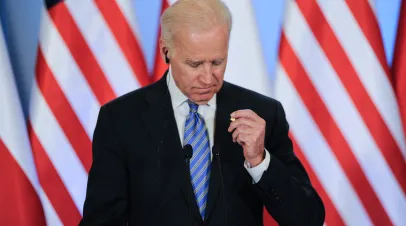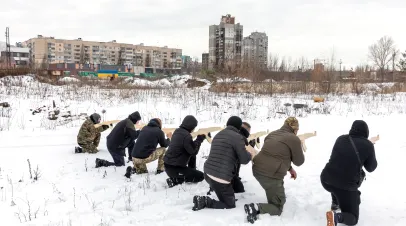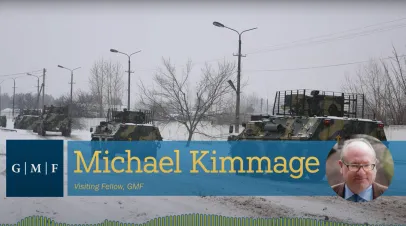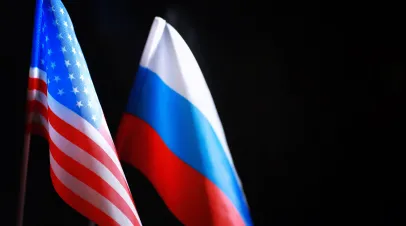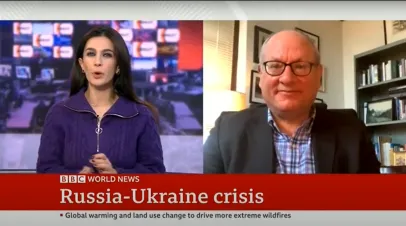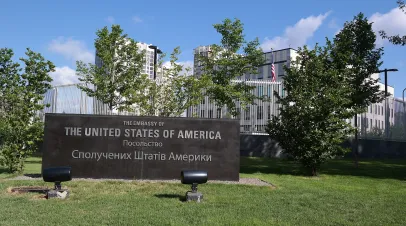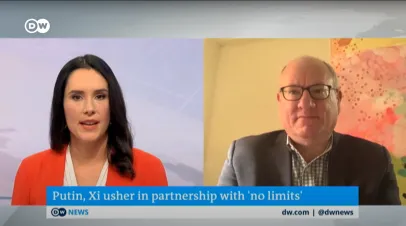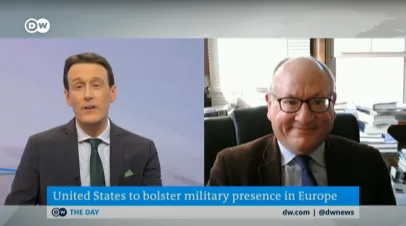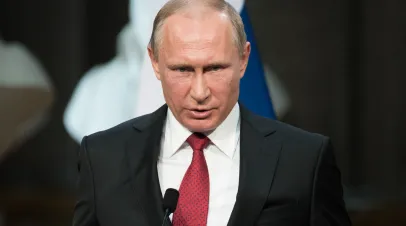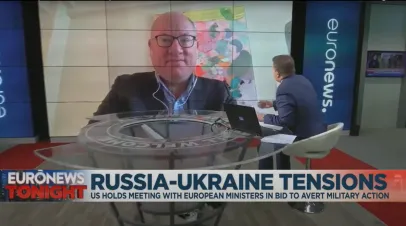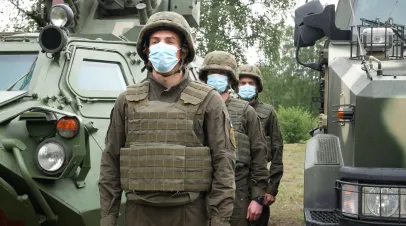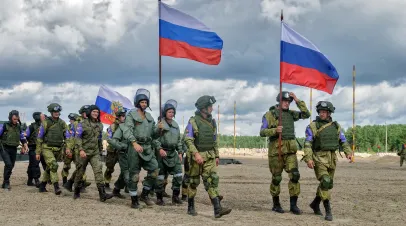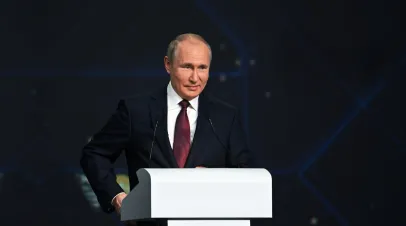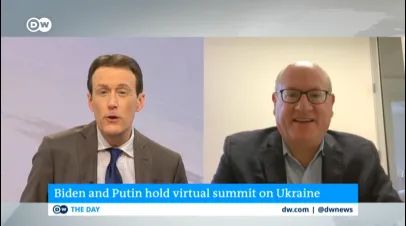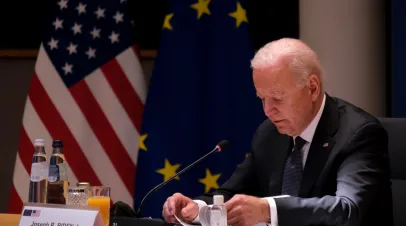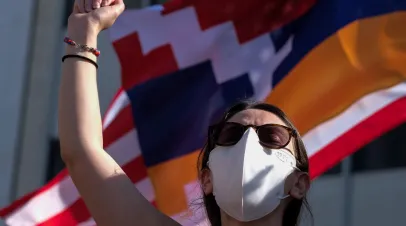Michael Kimmage
Former Visiting Fellow
My Areas of Expertise:
Michael Kimmage is a former Visiting Fellow at GMF.
He is the author of two books on American history and culture, and he has published articles and essays on the transatlantic relationship, on U.S.–Russian relations, and on international affairs in The New Republic, The New York Times, and the Frankfurter Allgemeine Zeitung. In addition to Catholic University, Professor Kimmage has also taught at the Free University of Berlin, the Ludwig Maximilian University in Munich, and the University of Vilnius.
Media Mentions
Featured Work
Image
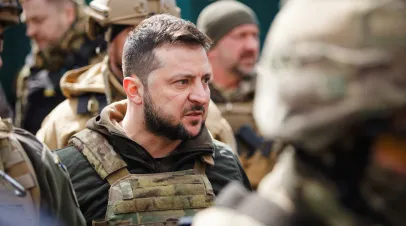
June 7, 2022
Image
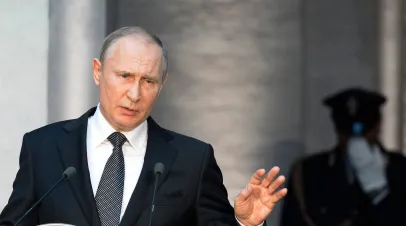
Image
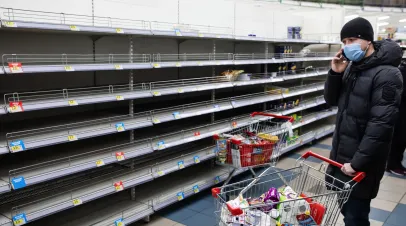
Image
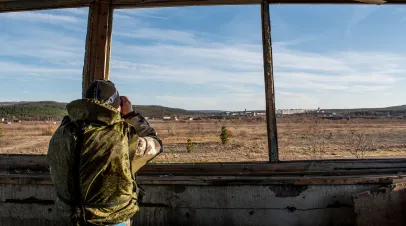
Image
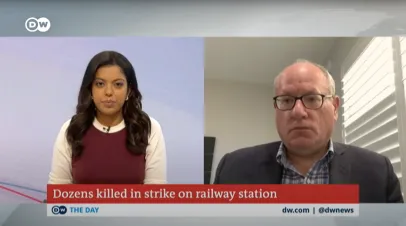
Image
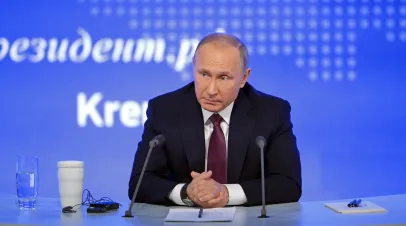
Image
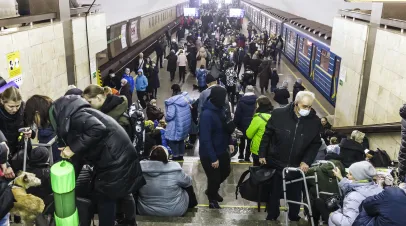
Image
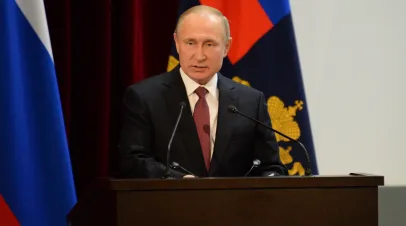
March 29, 2022
Image
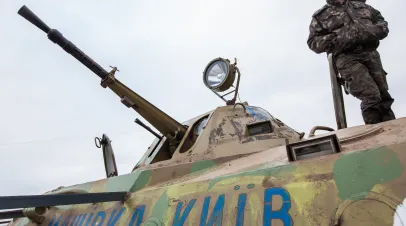
March 29, 2022
Image
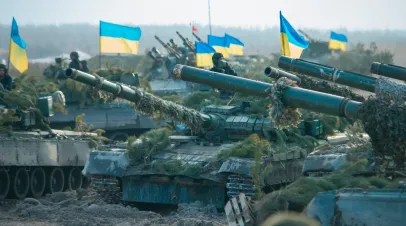
March 25, 2022
Image
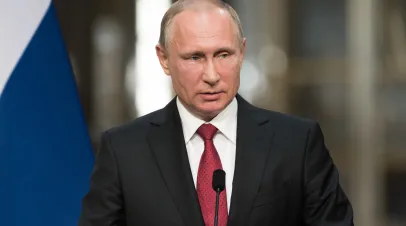
March 23, 2022
Image
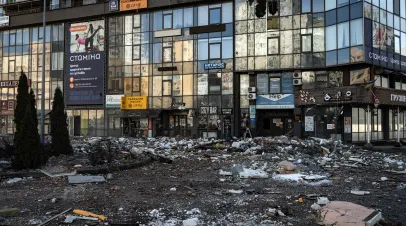
March 23, 2022
On March 23, 2022, Visiting Fellow Michael Kimmage testified before the Commission on Security and Cooperation in Europe, also known as the Helsinki...
Image
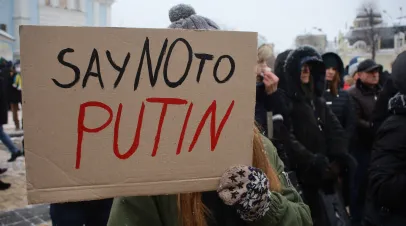
March 4, 2022
Image
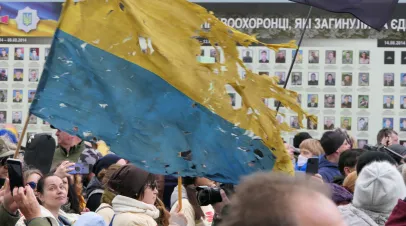
Image
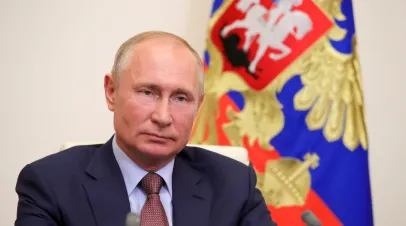
February 18, 2022
Image
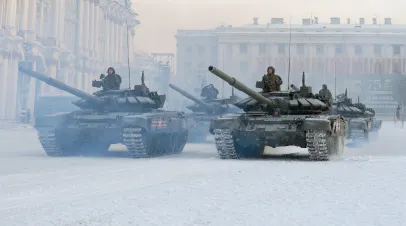
February 18, 2022
Image
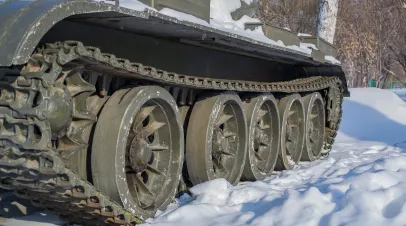
February 15, 2022
If there is one positive aspect to say about the current crisis with Russia, it is this: Russia’s attempts at threatening Ukraine have helped to...
Image
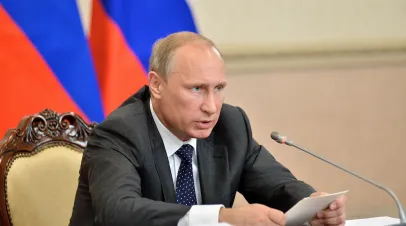
Image
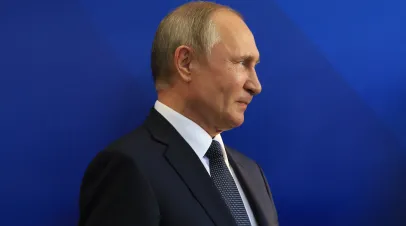
Image
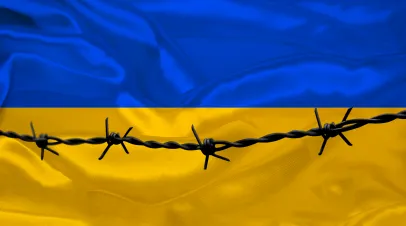
January 26, 2022
Image
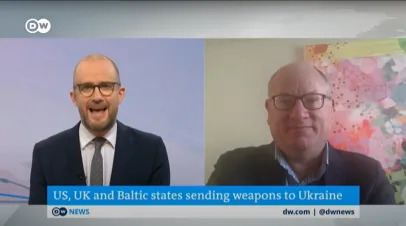
Image
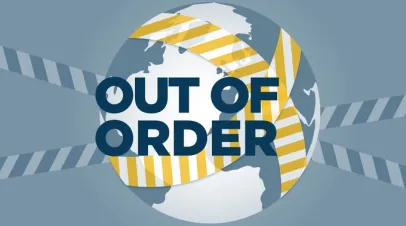
Image
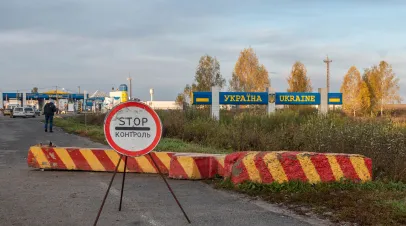
Image
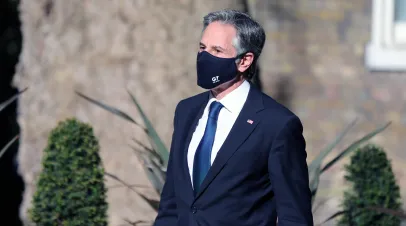
Image
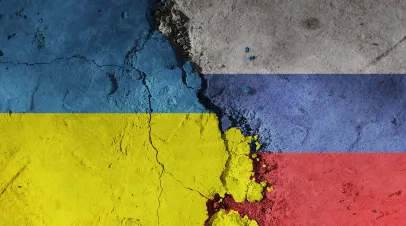
December 14, 2021
Image
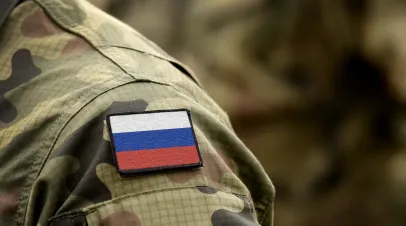
Image
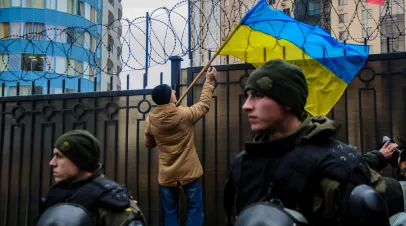
Image
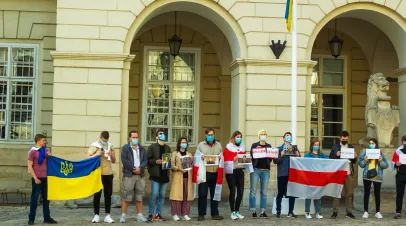
July 22, 2021
Belarus is among the most likely places where a war could break out between Russia and the West. News from Belarus has flashed in and out of headlines...
Image
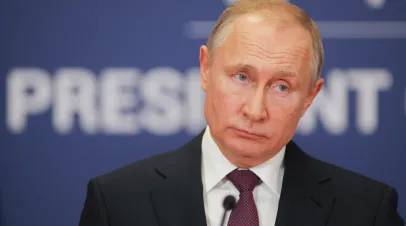
June 9, 2021
“Politics stops at the water’s edge,” was the maxim of Arthur Vandenberg, the Republican sponsor of the 1948 Senate resolution that bore his name. The...
Image
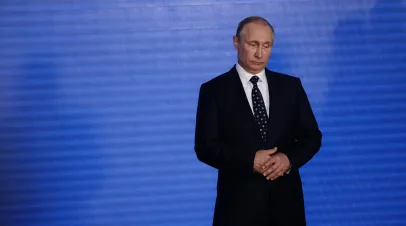
June 9, 2021
U.S. President Joe Biden and Russian President Vladimir Putin, who are scheduled to meet in Geneva on June 16, may know each other too well. They...
Image
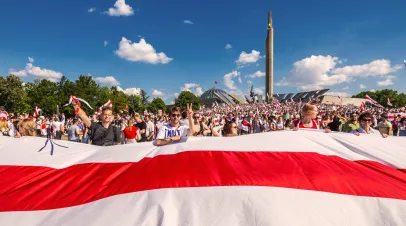
May 26, 2021
The European Union has just agreed to a new round of economic sanctions and to restrictions on flights from Belarus in response to the government’s...
Image
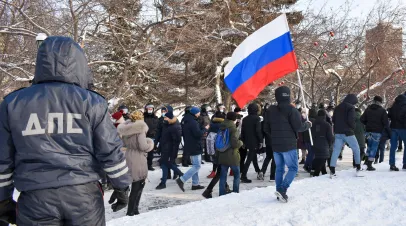
January 26, 2021
Volcanic protests erupted across Russia in the first weekend of Joe Biden’s presidency, adding the challenge of Putinism under duress to the more...
Image
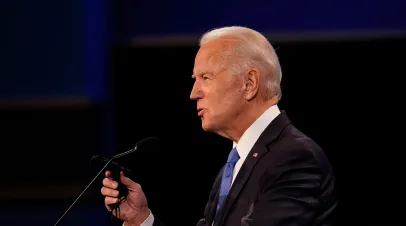
November 23, 2020
A Russian leader has already congratulated U.S. President-elect Joe Biden on winning the presidential election....
Image
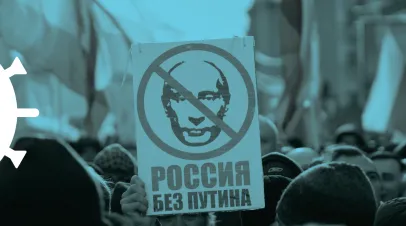
September 11, 2020
Image
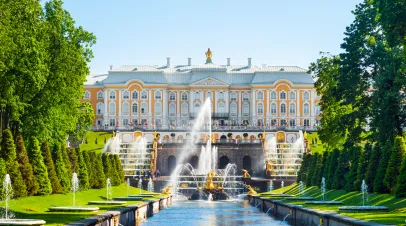
September 11, 2019
What Tolstoy’s Masterwork Explains About Putin’s Foreign Policy...
Image
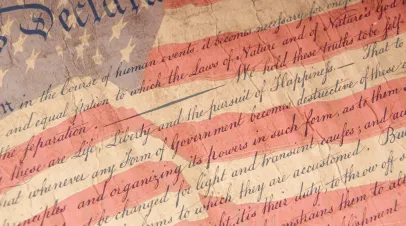
April 30, 2019
A sophmore in college, I had the good fortune to take a two-semester course on American intellectual history. It kicked off in the fall of 1992....
Image
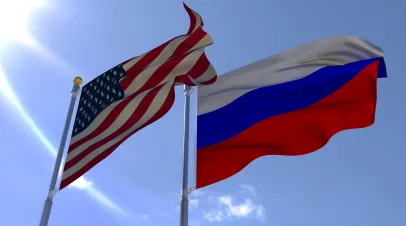
July 12, 2018
Historic U.S.-Russian meetings tend to occur outside of Washington and Moscow....
Image
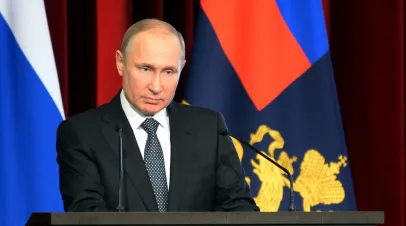
Image
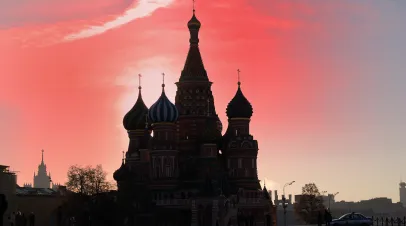
June 18, 2018
Michael McFaul, From Cold War to Hot Peace: An American Ambassador in Putin’s Russia (Houghton Mifflin Harcourt, 2018)....
Image
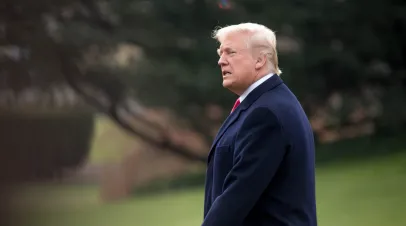
February 28, 2018
One year in, the Trump administration’s approach to foreign policy continues to baffle American allies in Europe....
Image
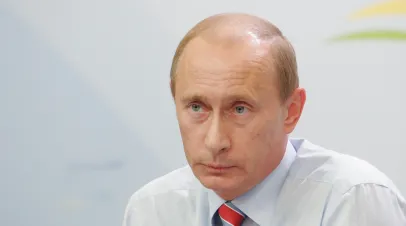
January 19, 2018
Michael Kimmage, non-resident fellow at GMF, speaks with CNN on the concern over a Russian spy ship moving toward the East Coast of the United States....
Image
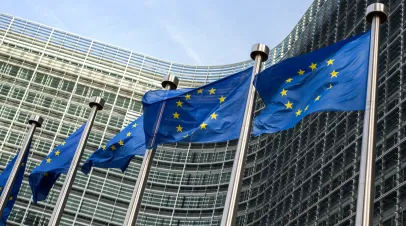
January 8, 2018
The European Union defies historical analogy. It is not an empire, and Brussels is anything but an imperial capital. It commands no army, houses no...
Image
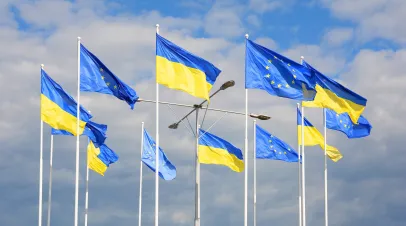
November 7, 2017
In October 1994, Ukraine’s Foreign Minister, Borys Tarasyuk, came to Washington. There he met with Deputy Secretary of State, Strobe Talbott, with...
Image
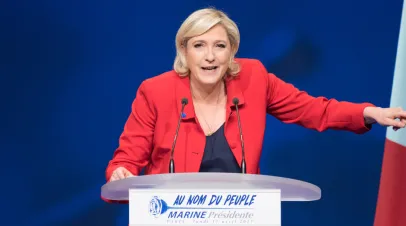
June 8, 2017
The current wave of populism in the United States and Europe is often equated with mere nationalism....
Image
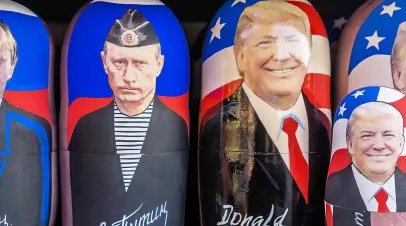
May 11, 2017
Photo credit: dimbar76 / Shutterstock.com...
Image
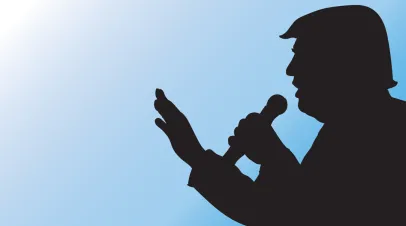
May 9, 2017
Photo credit: Dmitriy Linchevskiy / Shutterstock.com...
Image
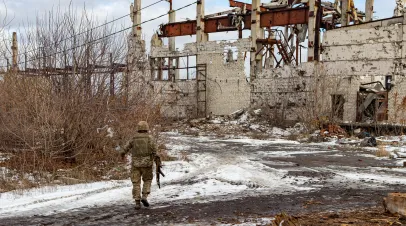
The recent military escalation by Russia along its border with Ukraine has been a strong reminder to the rest of Europe and the United States that the...
